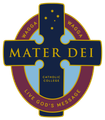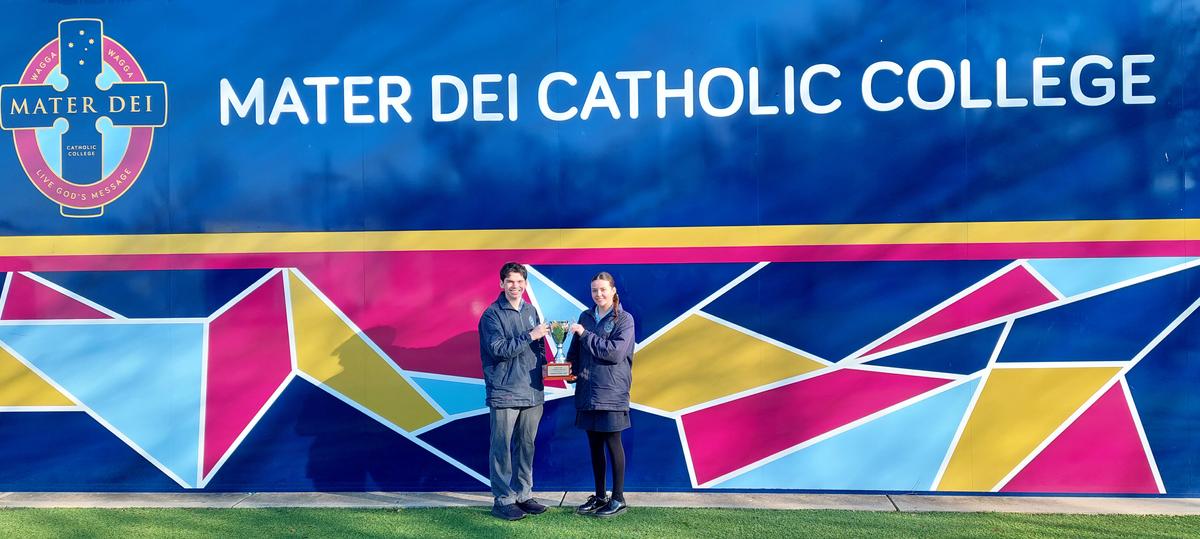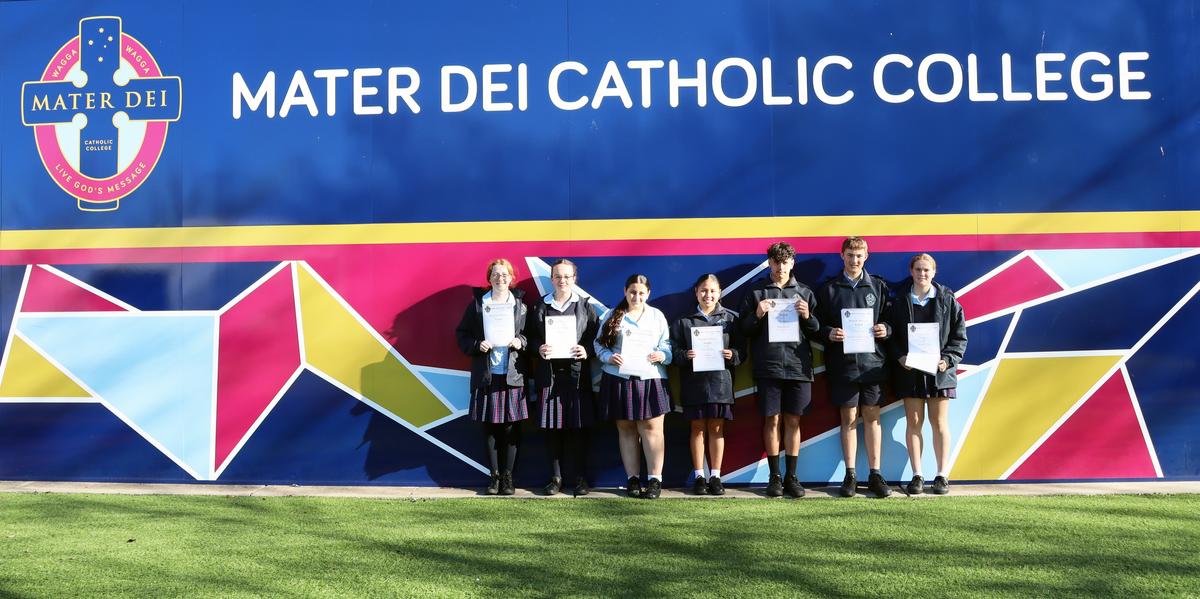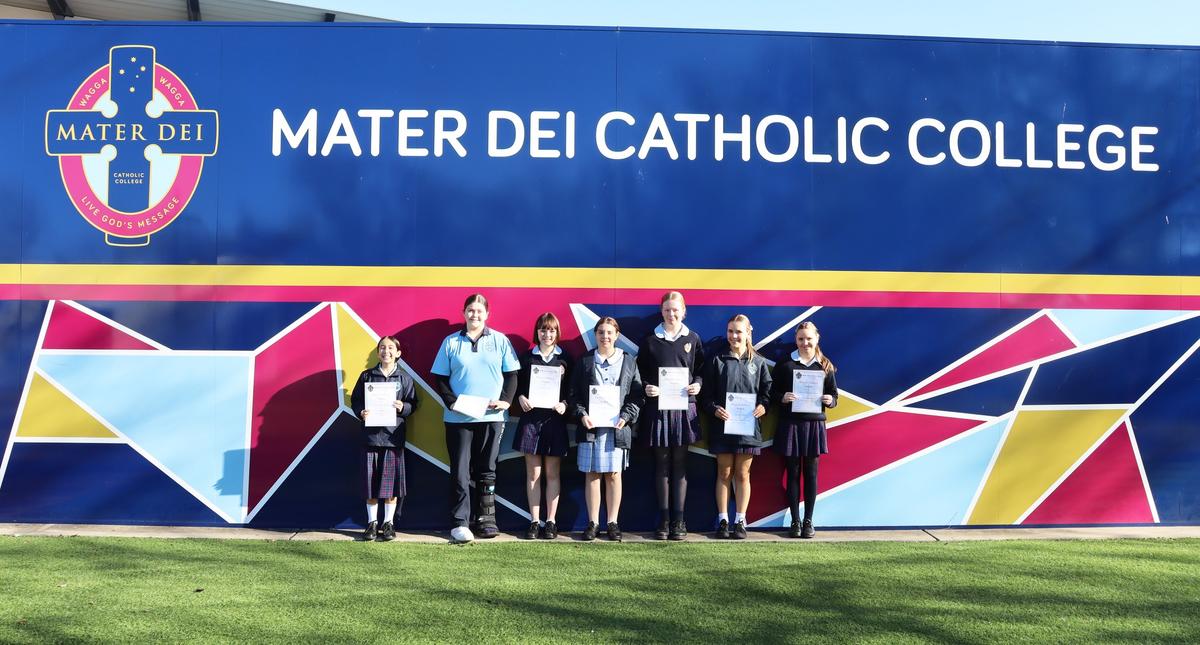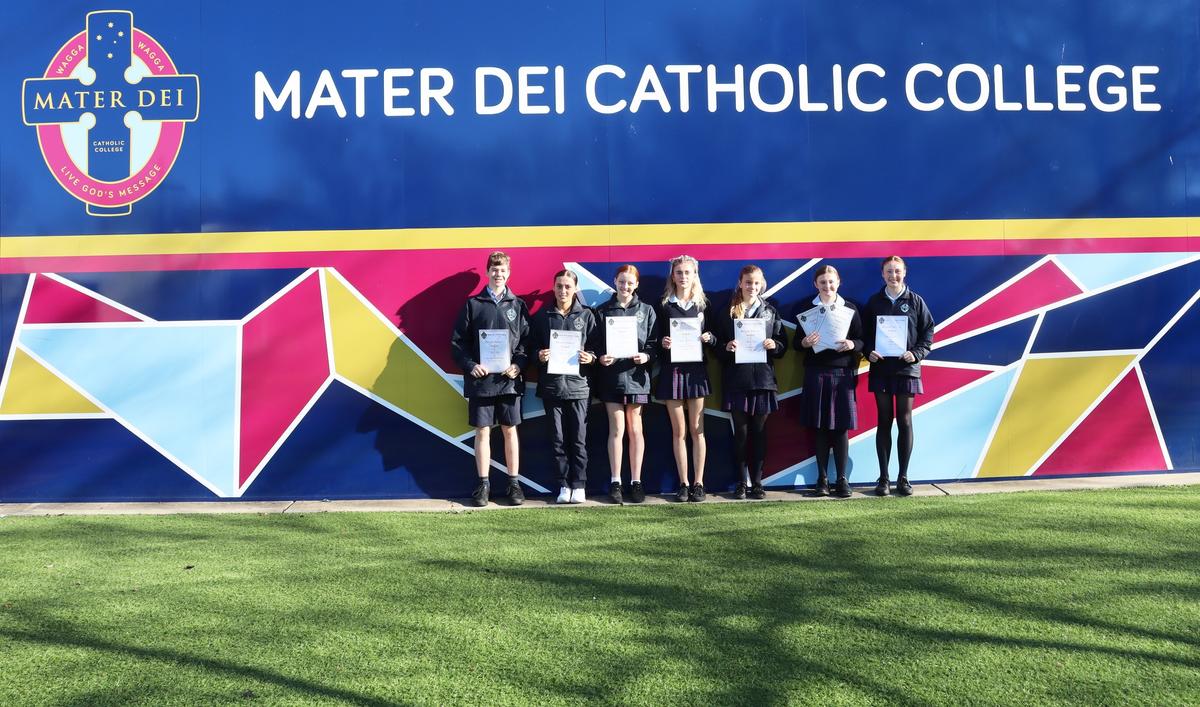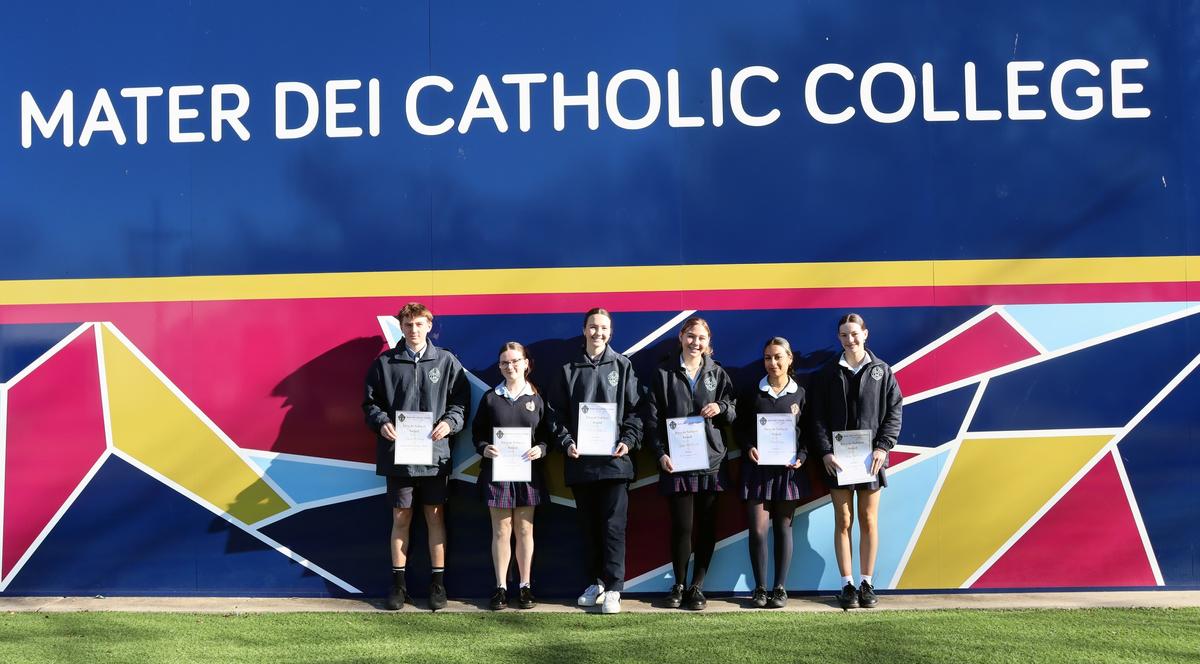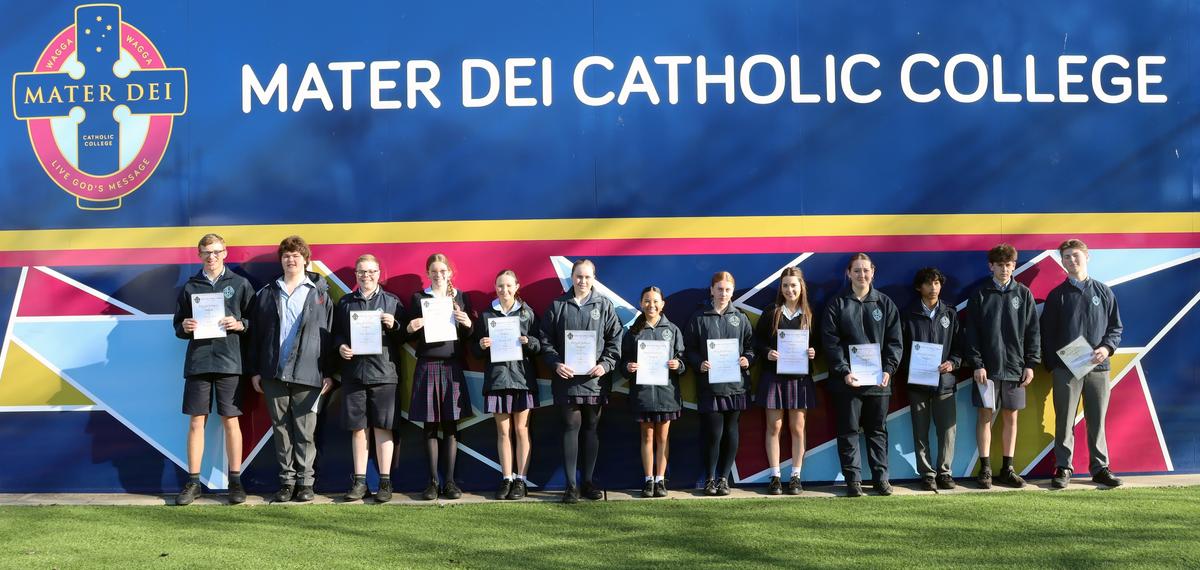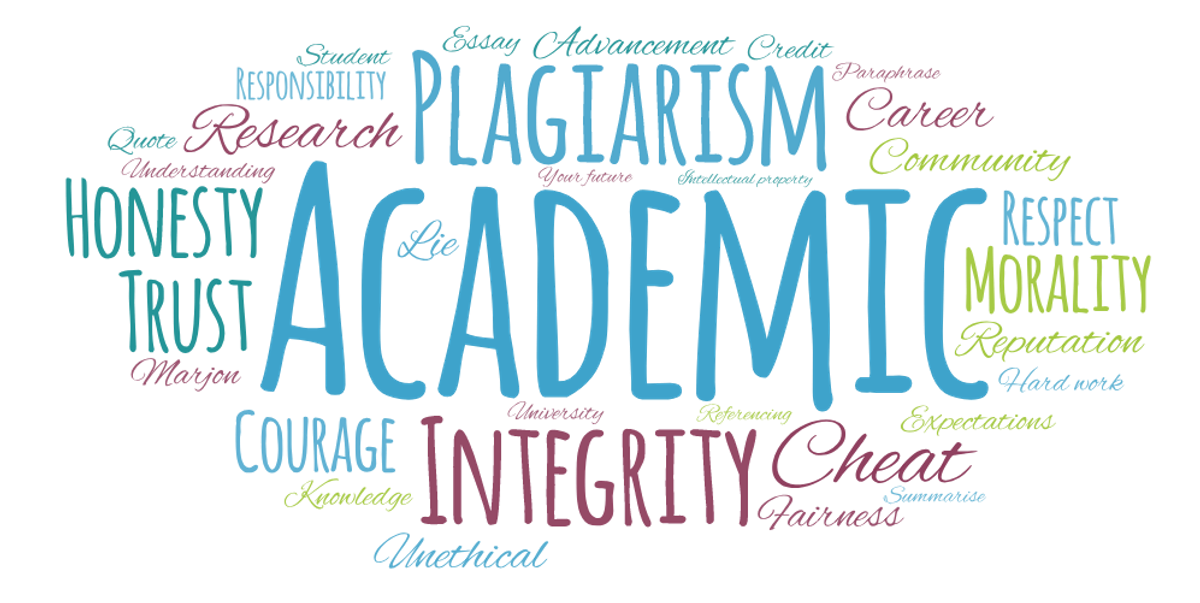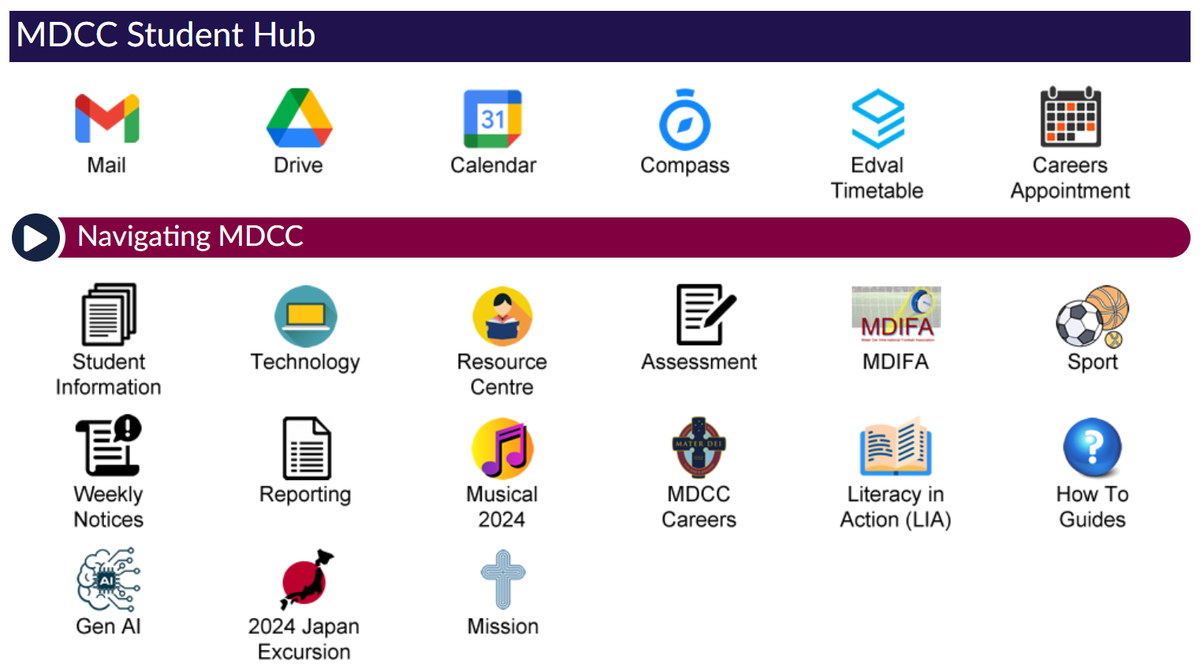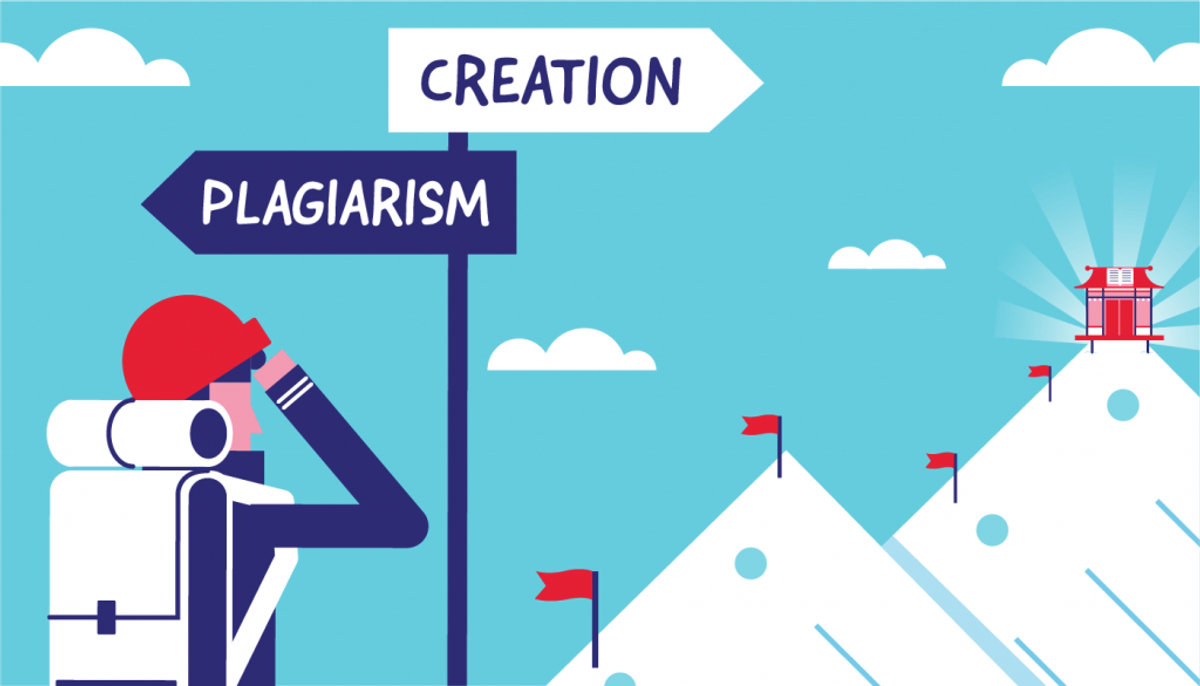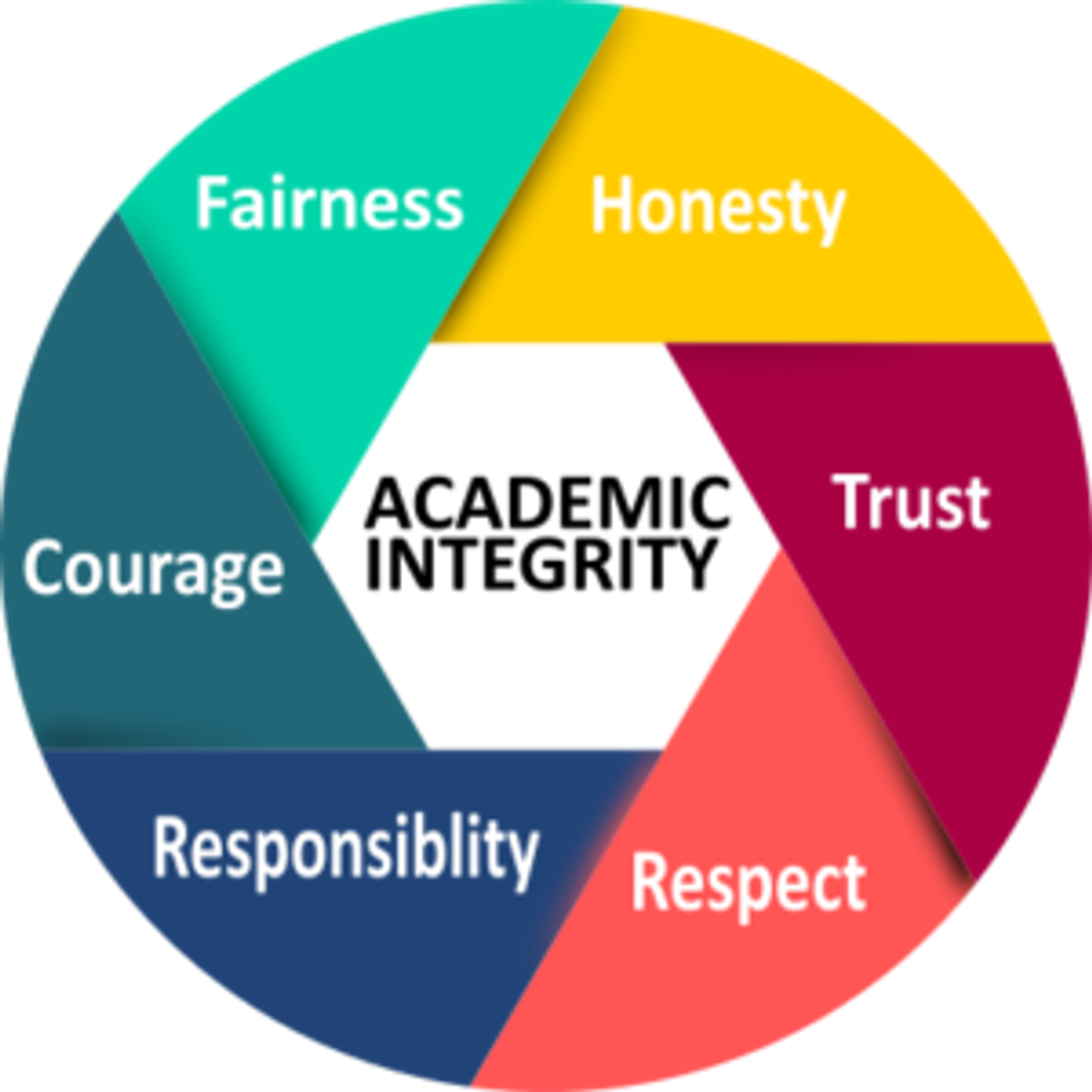Curriculum
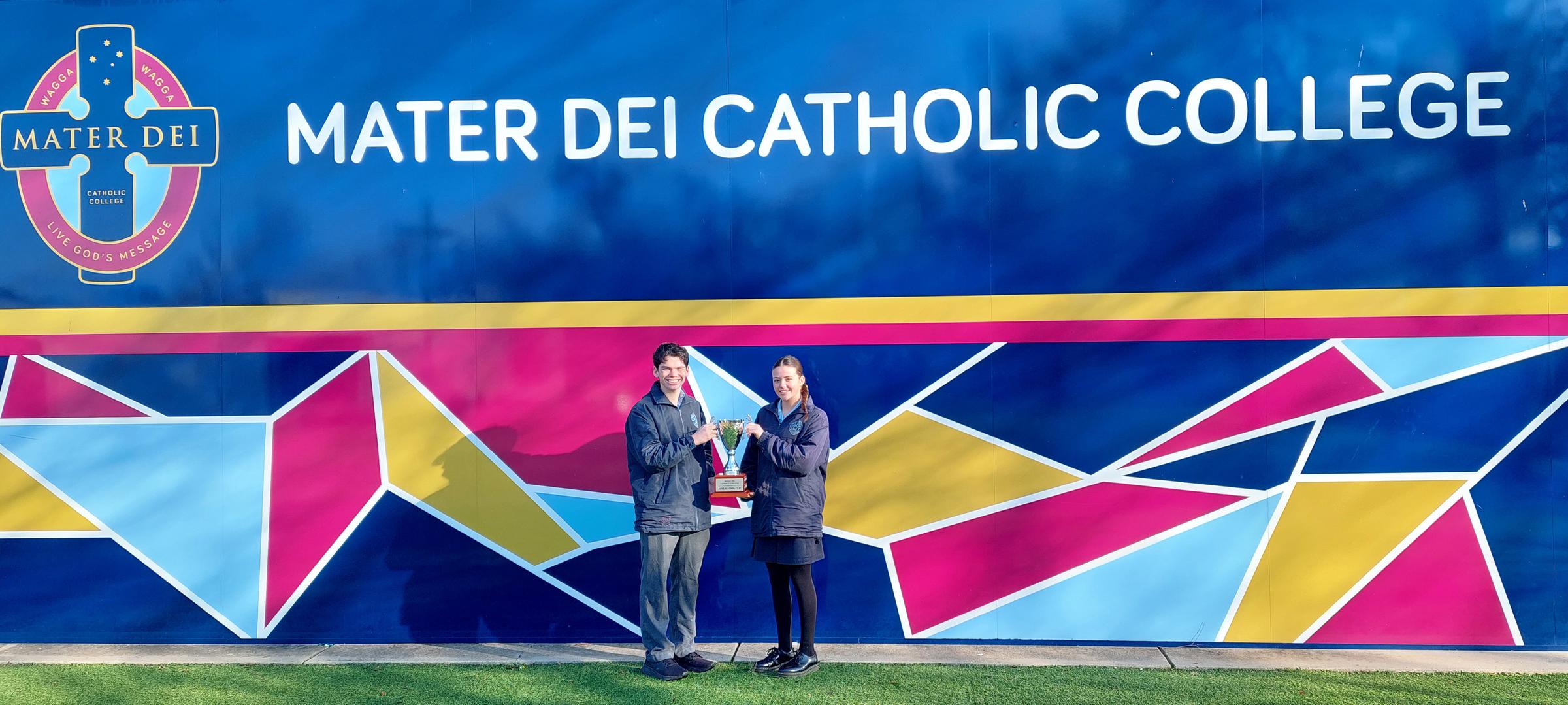
Semester 1 Academic Awards
Congratulations to all students on their personal achievements in Semester 1.
The Semester 1 Academic Awards presentation in Homegroup this week was an opportunity to recognise students who have excelled in their academic pursuits.
We congratulate these students who received awards for their dedication in each given subject.
Category Awards as follows:
First in Subject
First in Class
Application to Learning
Challenge Cup Award - Rosarie House
Pictured below are students who received First in Subject.
Academic Integrity in Assessment Task Preparation
As Semester 2 assessment commences, it is timely to remind parents and students about the expectation that all Assessment Tasks are undertaken and completed solely by each student. This is a NESA requirement and it precludes other parties, including parents, siblings, peers and tutors working on Assessment Tasks, or editing them. It also prohibits student’s use of online resources such as Generative Artificial Intelligence (AI) software to complete Assessment Tasks.
The NSW Education Standards Authority maintains the integrity of its assessment processes and enforces codes of practice among Secondary Schools to support common best practice. Fundamental to this is that the awarding of each student’s results are determined by the quality of work they produce, and that no unfair advantage is gained.
In the completion of all Assessment Tasks, students must adhere to the College’s Assessment Policy and Procedures, which include Malpractice guidelines. These requirements are visible and easily accessible for students through CANVAS Student Hub, by clicking on the Assessment tile. Students are also instructed and periodically reminded about ensuring submitted tasks are entirely their own work, avoiding the use of AI and what constitutes malpractice and plagiarism.
NESA treats allegations of malpractice very seriously and detected malpractice will jeopardise a student’s award and achievement of the RoSA or the HSC. Malpractice is regarded by NESA as any attempt to gain an unfair advantage over other students. It is unacceptable in any form, including but not limited to:
- plagiarism
- collusion
- misrepresentation
- breach of assessment conditions
- using Artificial Intelligence software to prepare a response
- bringing unauthorised equipment or material into exams or in-class tasks
- copying someone else's work in part or in whole, and presenting it as your own
- using material directly from books, journals, or the internet without reference to the source
- building on the ideas of another person without reference to the source
- buying, stealing or borrowing another person's work and presenting it as your own
- submitting work that another person, such as a parent, friend, commercial tutor or course expert, has contributed to substantially
- using words, ideas, designs or the work of others in practical and performance tasks without appropriate acknowledgement
- paying someone to write or prepare material
- cheating in a school based task, such as a test or exam; cheating in Major Works; using non-approved aids during an assessment task
- contriving false explanations to explain work not handed in by the due date
- faking an illness or injury to prevent the completion or submission of work
- assisting another student to engage in malpractice.
In the case of suspected or proven malpractice, students will be required to provide evidence that all unacknowledged work is entirely their own. Such evidence might include, but is not limited to, the student:
- providing evidence of and explaining the process of their work, which might include diaries, journals or notes, working plans or sketches, and progressive drafts to show the development of their ideas; and/or
- answering questions regarding the assessment task, examination or submitted work under investigation, to demonstrate their knowledge, understanding and skills.
In the case of the suspected misuse of Generative AI, students will be required to provide evidence of sources and task progression which might include: version history of documents, documentation of the development of their writing or other utilised resources. Students' work will be checked for malpractice activities.
In Year 10 Work Studies, students complete the mandatory All My Own Work module that NESA has designed and mandated for students who intend to go on to senior studies.
Teachers are focused on designing quality Assessment Tasks that are often completed during lesson times, to support the development of student submissions and maintain academic integrity.
Encouraging and supporting students to submit their own work so that learning is valuable and task submissions are authentic, is an ideal that is worth aspiring to. We ask that parents and carers actively support NESA and College Policies and Practices by encouraging and challenging your children to understand and appreciate the value of producing and submitting their own work.
Mrs Amelia Bright | Leader of Curriculum
